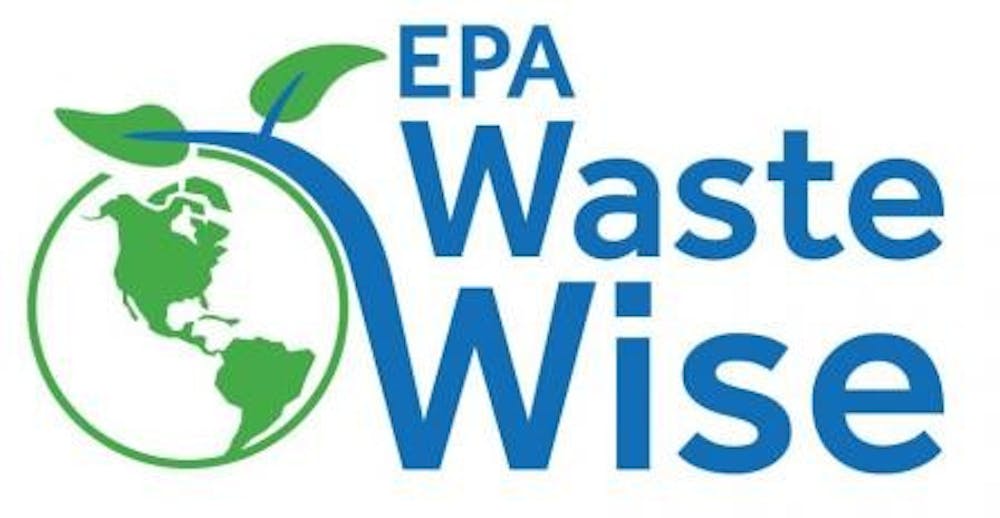CMU recognized by EPA for sustainability initatives
In 2010, Central Michigan University students initiated a small food recovery project, creating the first campus compost pile. Over the last 10 years, that composting project has evolved into zero-waste kitchens, which divert approximately 330 tons of food scraps from landfills every year.
These efforts are now being recognized by the U.S. Environmental Protection Agency, which recognized CMU as its 2019 WasteWise College/University Partner of the Year.
“I think this is a huge accomplishment that is presented to a university for a mature program of sustainability,” said CMU Director of Facilities Management Jay Kahn. “Usually universities that win this type of award have a program that is very advanced and has been around for many years. Ours is coming up on 15 years… and it’s student-led, representing the thoughts, wishes, and desires of the student body.”
WasteWise is part of the EPA’s sustainable management efforts, which promote more productive (re)use of materials. The WasteWise College/University of the Year is awarded on the basis of exemplary waste prevention and engagement in environmental stewardship.
Although CMU has received the EPA’s Midwest region Food Recovery Challenge award every year from 2014 to 2017, this is CMU’s first time to be recognized nationally as No. 1 in sustainability.
“I wasn’t surprised at all (about the WasteWise award) – it was an award that was well-deserved,” Kahn said. “We’re a national leader in sustainability, and we’re involved with students, always trying to understand their evolving needs. One of those (needs) is sustainability, and it’s one we’re good at.”
In addition to food recovery, CMU engages in other student-led sustainability initiatives, including plastic bag collection and pizza box recycling, among others.
CMU has partnered with community organizations and businesses to maintain these initiatives. Zero-waste kitchens work with Aramark and Morgan Composting to divert food scraps, and recycling is made possible by CMU’s Waste Management and the Isabella County Municipal Recycling Facility.
Although the award is a high honor, Kahn said overall sustainability requires long-term dedication and adaptive methods. Above all, Kahn notes that every initiative, no matter how small, makes a difference. The biggest challenge, according to him, is “outreach and education.”
“When you ask a student what sustainability means, you can get a lot of answers,” Kahn said. “My duty is to help educate on what the issues are globally, nationally and locally. These ideas of building a better planet (and) taking care of each other in a sustainable way really resonate with this generation. They want to learn more and they want to understand how we can make this (sustainability) part of their world.”







